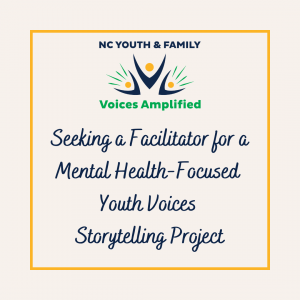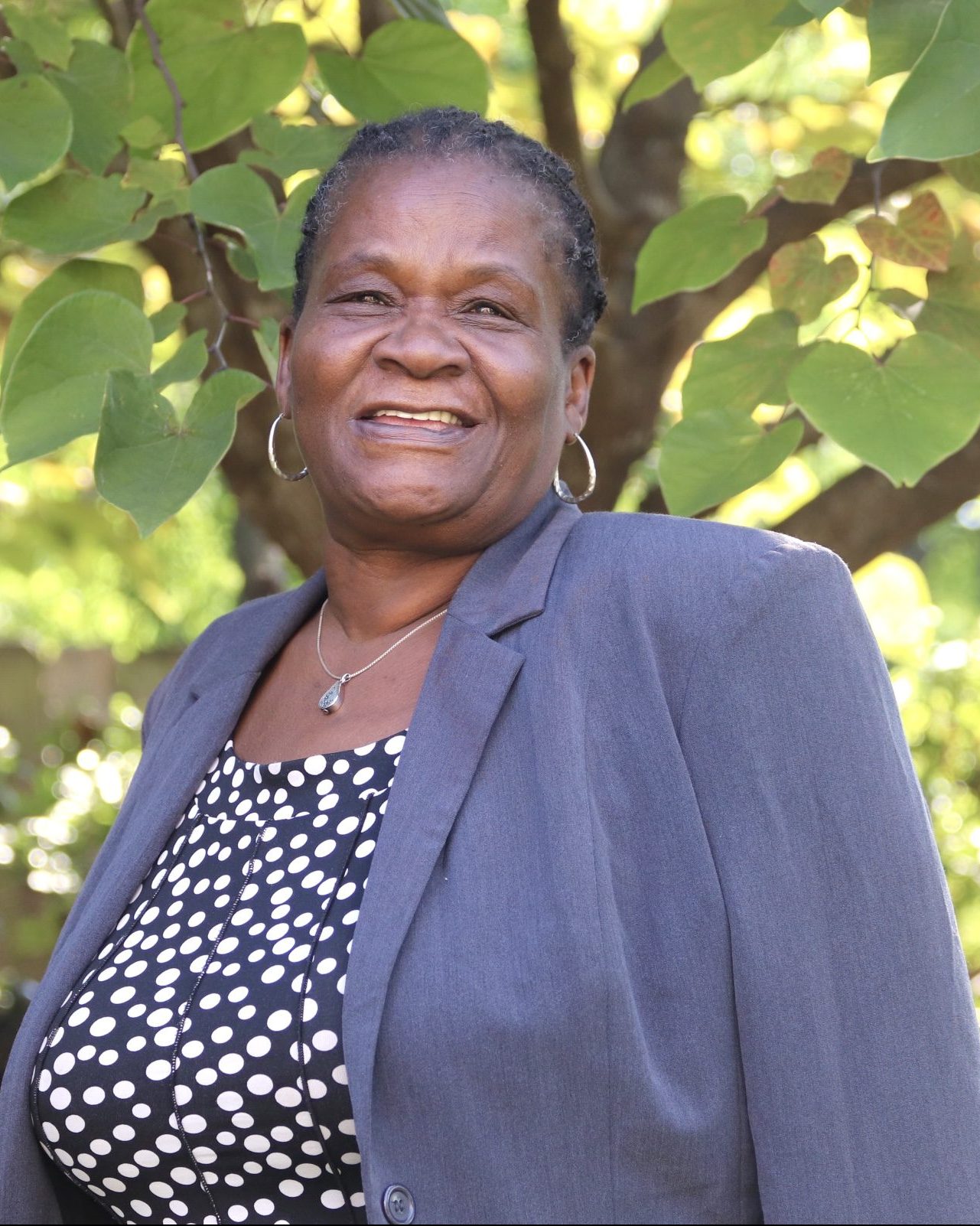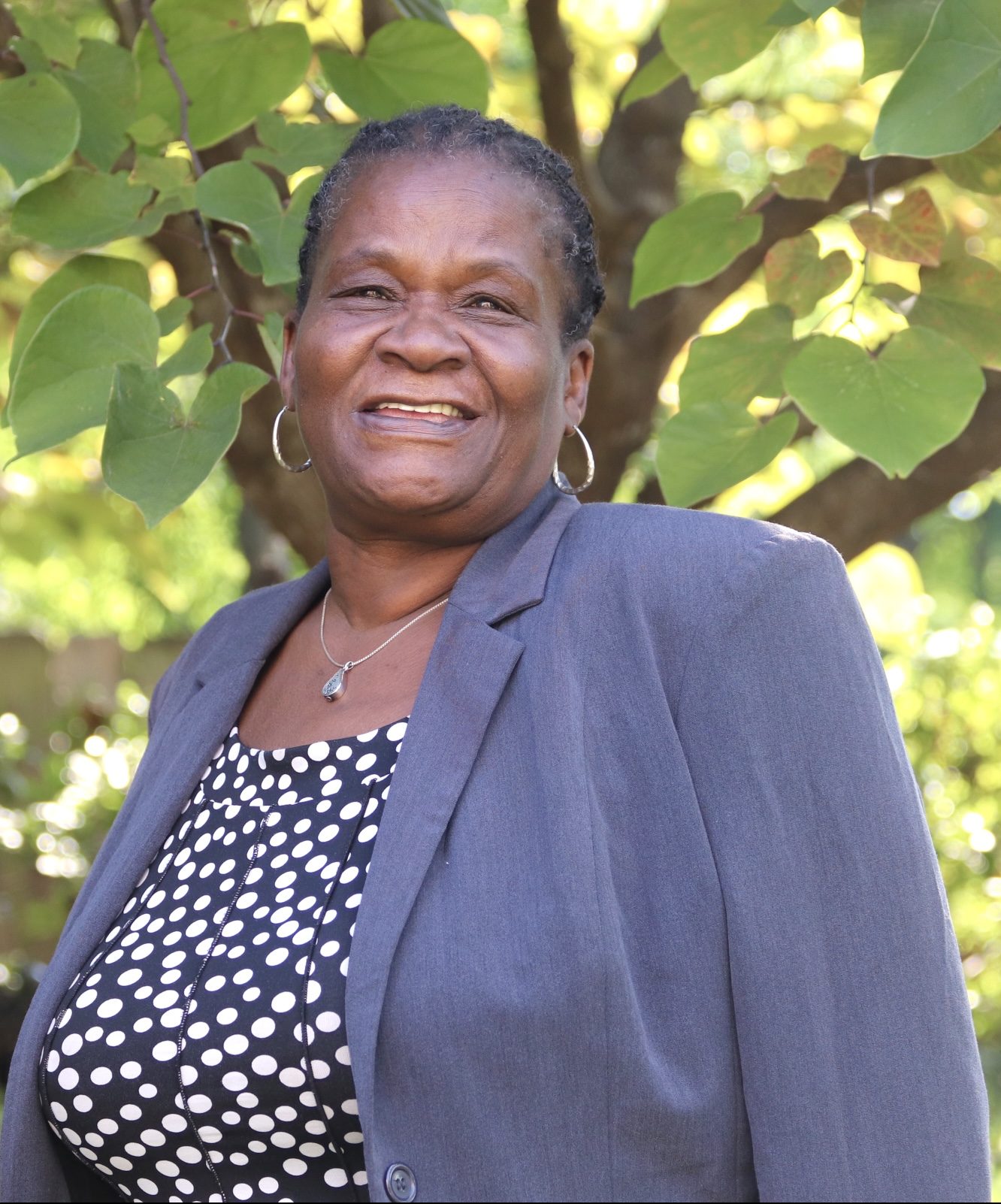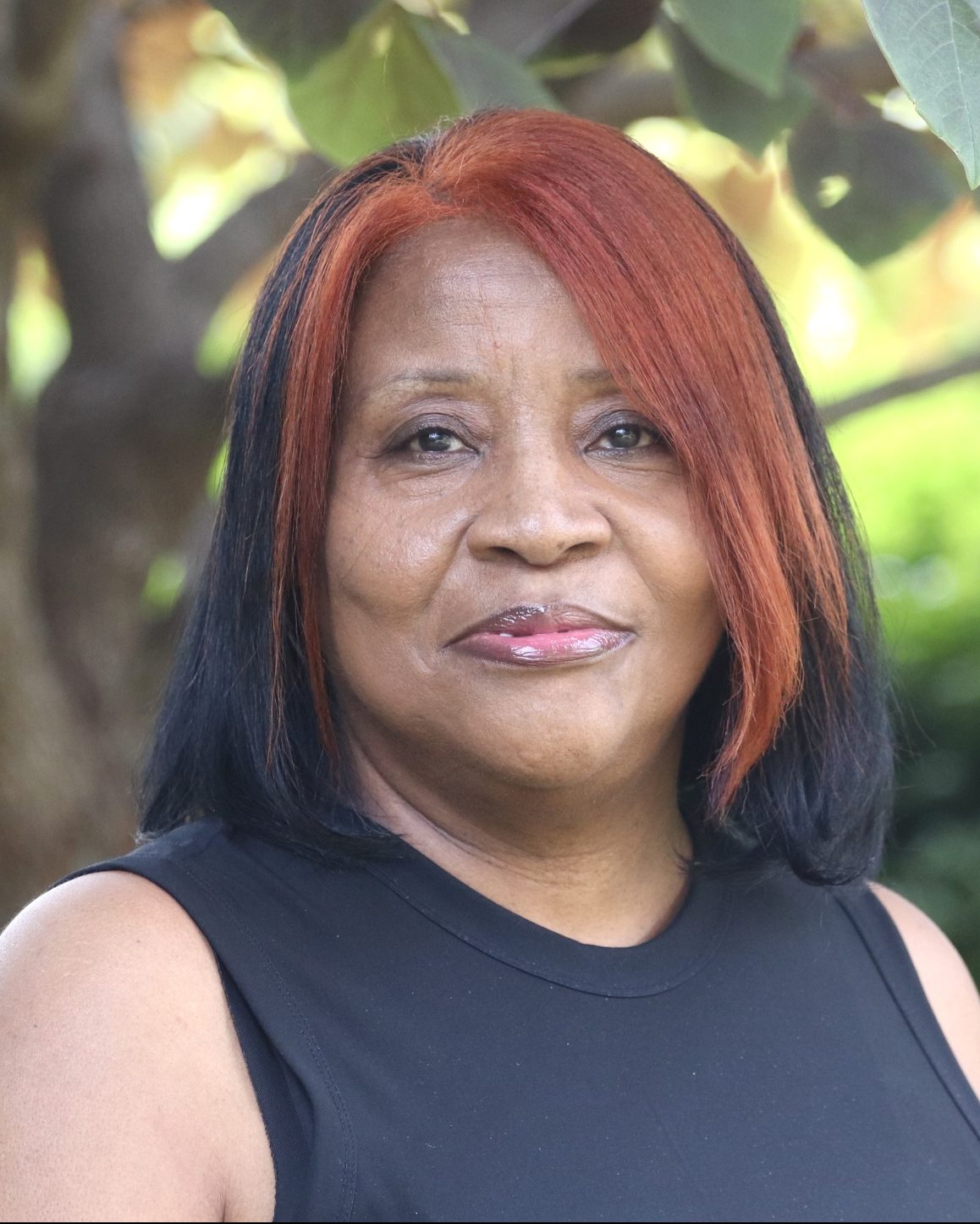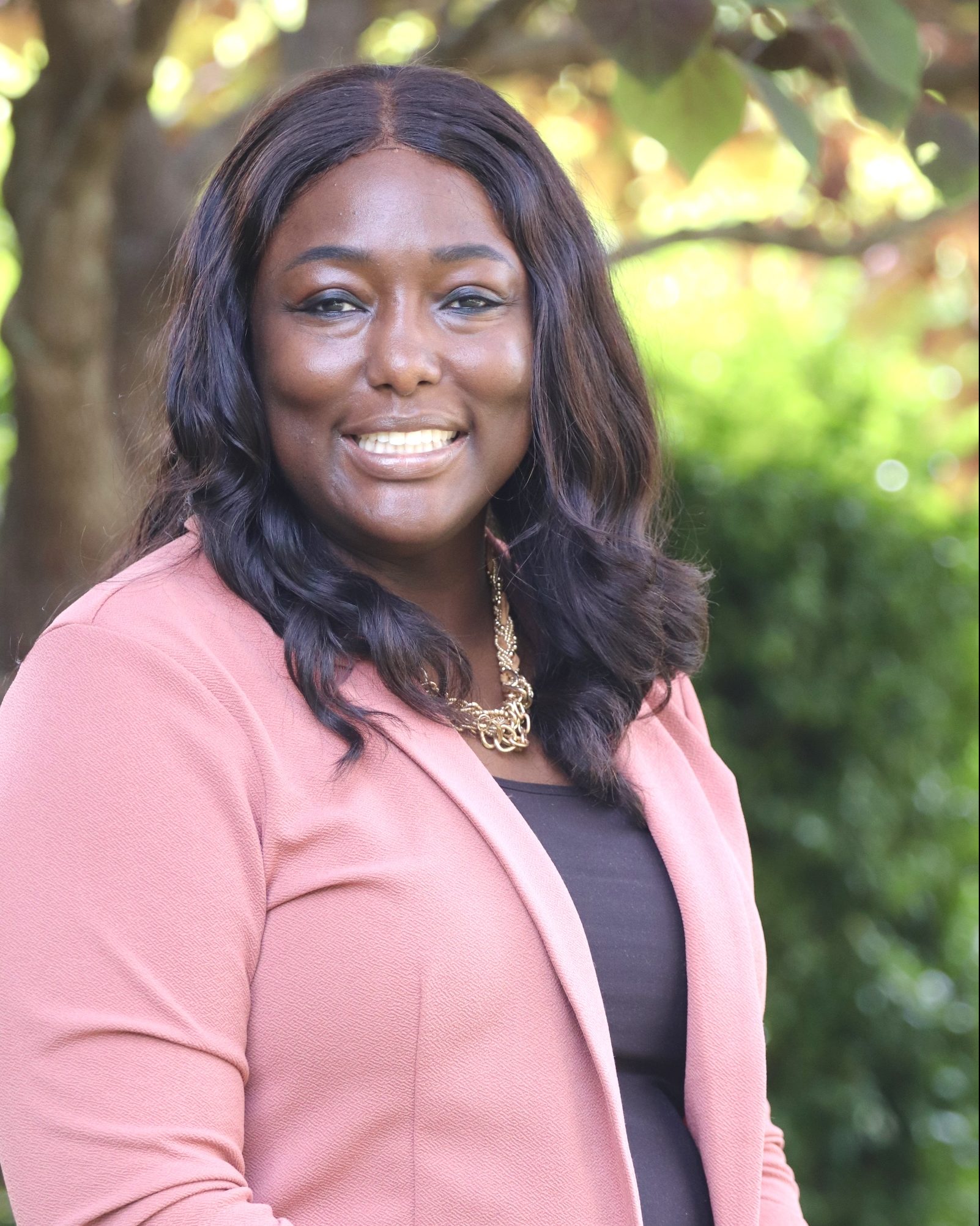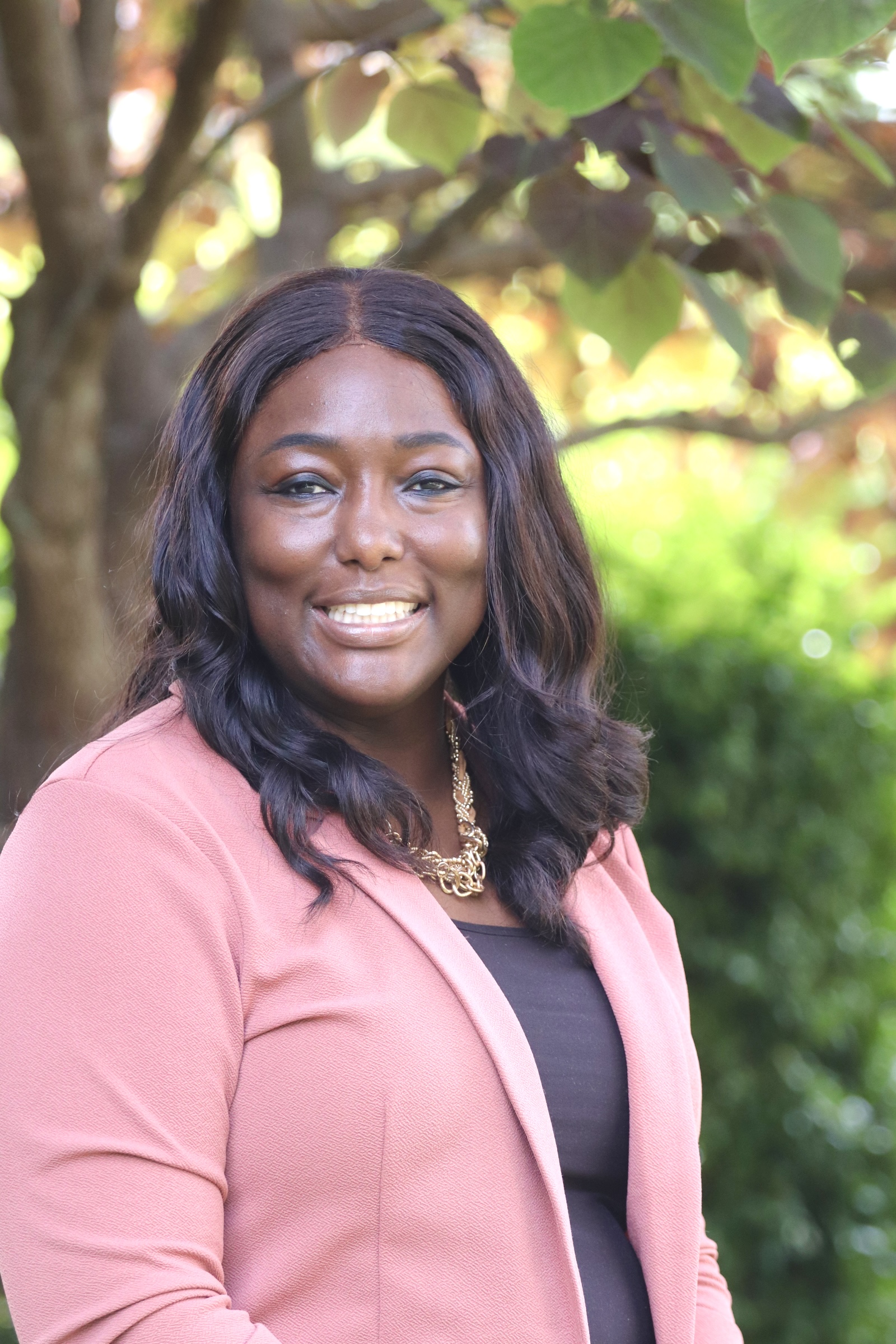
Children and teenagers in the United States are facing an unprecedented mental health crisis. In October 2021, the American Academy of Pediatrics, American Academy of Child and Adolescent Psychiatry and Children’s Hospital Association banded together to issue a declaration of a National State of Emergency in Children’s Mental Health. Shortly thereafter in December, the U.S. Surgeon General issued an Advisory on the Youth Mental Health Crisis and how it has been exacerbated by the COVID-19 pandemic.
Behind all of the headlines and statistics on the mental health crisis among children and youth in the U.S. are the individual children, adolescents, and young adults who face mental health challenges, along with their parents and caregivers. Many of these youth and parents feel lost and overwhelmed when it comes to seeking services and other resources to foster positive mental health and support youth facing mental health crises. When navigating these services and systems, many families and youth find added comfort and support if they can connect with others who have had similar experiences.
With collaboration and funding support from the North Carolina Department of Health and Human Services Division of Child and Family Well-Being, the UNC Greensboro Center for Youth, Family, and Community Partnerships (CYFCP) is launching the NC Youth and Family Voices Amplified Program. NC Voices Amplified will provide training, technical assistance, and other resources for a growing workforce of Family and Youth Peer Support Providers across North Carolina.
“We are thrilled to partner with UNCG on this program, which addresses two priority areas for NCDHHS – workforce development and increased access to mental health services for children and youth,” said Yvonne Copeland, Director of the NCDHHS Division of Child and Family Well-Being. “This partnership elevates those with lived experience, who are able to engage and empower children and young people while alleviating stigma. Youth peer support providers are an important and needed resource as we work together to address the youth mental health crisis.”
UNCG’s program will build upon a growing movement in North Carolina and nationally to empower youth and family voice and the engagement of individuals with lived experiences to guide mental health and other related systems and services for children, youth, and families. According to Frederick Douglas, who is the Family Training Coordinator for NC Voices Amplified, “The expectation that North Carolina should value and include the voices of the children, youth, and families who face mental health challenges in service delivery decisions is not new in our state. In the 1980s, initially, families had to fight to secure a place at the decision-making table, and typically they served in a volunteer advisory capacity. Families began to share a wealth of knowledge about how to effectively meet their needs. They shared what works and doesn’t work in classrooms, with providers, with legislators and community partners.
“In the early 1990’s, some families were paid a small stipend to cover childcare costs, travel-related expenses, and income lost because of missing work when participating in System of Care activities. Even before the data were collected to provide evidence of the value of youth and family voice, the early pioneers in this movement knew the value they were bringing to systems and services, and they began to advocate for the sustainability of Youth and Family Partner Peer Support. They understood that Youth and Family Partners supported families, parents, and youth with mental health needs in a unique and authentic way and were a key component to the implementation of the system of care core values and principles. In the later 1990s, as Family Partners became more experienced and skilled, and as organizations saw firsthand the value of ongoing family participation, some agencies hired family members or secured their services through contracts. In 2013, there was a Joint Bulletin from the US Substance Abuse and Mental Health Services Administration (SAMHSA) and the Centers for Medicare and Medicaid Services (CMS) stating the efficacy of peer support services and family-driven care. The Joint Bulletin encouraged states across the U.S. to use Medicaid dollars to fund such services.
“In addition to this national recognition of the value of Youth and Family Partners, some of the greatest evidence of the impact of this type of peer support comes from the impacted youth and family members themselves. As one recent parent I worked with told me, ‘My Family Partner is different from the other people who try to help me. I can talk to her and she listens and really understands because she has had some of the same experiences I have.’”
Family Peer Support Providers (often referred to as Family Partners) have specialized training to equip them to bring their own lived experiences to offer critical support to other parents and caregivers as they navigate mental health services for their children. “Navigating the service systems can be very scary and difficult for families. Being able to share your experience and help other families avoid the barriers as much as possible allows for more youth and families receiving services. When the parents/caregivers go through these trainings, the trainers help empower them to move forward and to share their knowledge and skills with other parents/caregivers. This is so important because this is not a textbook, this is lived experience, and families tend to relate to other families that have walked their walk. They trust because they have experienced similar situations which allows them to take that chance and try services based off of the support they receive from the Family Partner,” said Chandrika Brown, the program’s Collaboration Coordinator.
Youth Peer Support Partners can be equally valuable in engaging youth in mental health services. Kyle Reece, who serves as the Youth Training Coordinator for NC Voices Amplified, added that, “When young adults are navigating systems and services related to their mental and behavioral health, they long for the opportunity to be empowered and heard. Youth with lived experience need to be in the driver’s seat, so to speak, of their own care as they transition into adulthood, and they should be encouraged to help transform the systems and services that serve them and other young adults. It’s also important that we train Youth Support Partners and Youth Peer Support roles to not only help youth who are struggling navigating these systems, but equip youth with the training and skills necessary to become advocates for themselves and others. That’s what we strive for in this program: a youth-guided, strengths-based approach to youth advocacy, where youth not only have the opportunity to transform youth systems and services, but where they are empowered to become advocates for their own lives and the communities they belong in.”
All this week, we are planning a week-long virtual kickoff through the program’s website (NCVoicesamplified.org) and social media platforms (@NCVoicesAmplified on Facebook and Instagram; @NCAmplified on Twitter). Each day this week, blog posts and videos will be shared to feature program staff members offering details about their work.
Although NC Voices Amplified is a new program within UNCG, the CYFCP’s Director, Christine Murray, shared that the initiative builds upon UNCG’s long standing commitment to community-engaged work. She said, “Often, universities are viewed as ‘ivory towers’ with experts who are disengaged from real-world problems. NC Voices Amplified is such an exciting program for UNCG because it elevates lived experiences as a valuable type of expertise that can stand alongside research and other forms of evidence that inform mental health practice. For many of life’s difficult experiences, all the formal education in the world can’t help people understand what it’s like to live through it. Youth and Family Peer Support providers can work closely with mental health professionals and other healthcare professionals to help ensure that families have all the support they need when they’re facing mental health challenges.”
